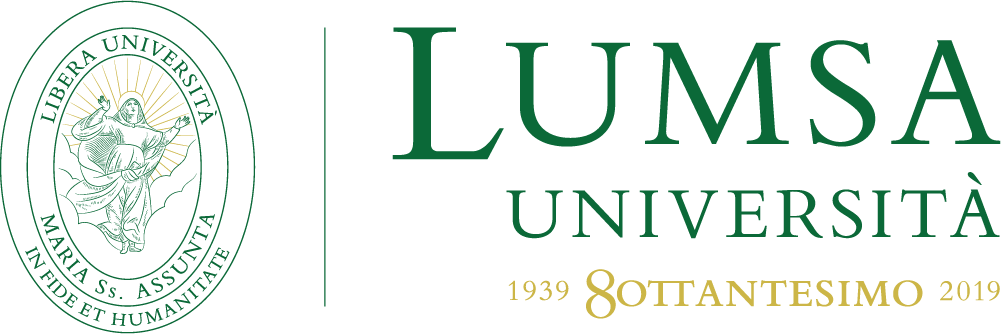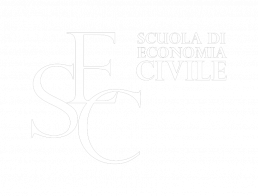
“I am an economist and a historian of economic thought, with growing interests in ethics, biblical studies and literature. These latter ones are side interests that have grown over the years to the point of changing the nature of my profession, which is constantly evolving. Because when I tried to get to the bottom of those 'economic' words that had fascinated me since my earliest studies - well-being, happiness, reciprocity, market, gift, gratuitousness... - I gradually realized that these 'first' words are too rich and complex to be well understood and explained by economic science alone, not even by that economy which I had helped to become more open to social and civil issues.
When they try to move from theory to life, the individual disciplines, all of them, die. In order to resurrect they must enter into dialogue with the other sister disciplines, because the verbs that open up life and explain it must be declined to the first person plural (we).
So today my work as a scholar and intellectual alternates between articles on economic theory with biblical commentaries and books on the history of economic thought as well as other writings on the religious nature of capitalism, and none of these strands alone is able to express fully what occupies my mind and heart today.”


“I am an economist and a historian of economic thought, with growing interests in ethics, biblical studies and literature. These latter ones are side interests that have grown over the years to the point of changing the nature of my profession, which is constantly evolving. Because when I tried to get to the bottom of those 'economic' words that had fascinated me since my earliest studies - well-being, happiness, reciprocity, market, gift, gratuitousness... - I gradually realized that these 'first' words are too rich and complex to be well understood and explained by economic science alone, not even by that economy which I had helped to become more open to social and civil issues.
When they try to move from theory to life, the individual disciplines, all of them, die. In order to resurrect they must enter into dialogue with the other sister disciplines, because the verbs that open up life and explain it must be declined to the first person plural (we).
So today my work as a scholar and intellectual alternates between articles on economic theory with biblical commentaries and books on the history of economic thought as well as other writings on the religious nature of capitalism, and none of these strands alone is able to express fully what occupies my mind and heart today.”

Economics and the Commons: History, Tragedies, and Some Exercises
Rethinking Economics Starting from the Commons. Rotondi, V., Santori, P. (eds) Contributions to Economics. Springer, Cham., pp 1-15, 2023
The theological stems of modern economic ideas: John Duns Scotus
The European Journal of the History of Economic Thought, vol. 30, p. 577-595, ISSN: 0967-2567
with Paolo Santori
The other invisible hand. The social and economic effects of theodicy in Vico and Genovesi
The European Journal of the History of Economic Thought, 2022, vol. 29, issue 3, 548-566
with Paolo Santori
The Illusion of Merit and the Demons of Economic Meritocracy: Which are the Legitimate Expectations of the Market?
Journal of Business Ethics, 2022, vol. 176, issue 3, No 1, 415-427
with Paolo Santori
The Gnostic Pandemic: Virtual Worship and the Eclipse of Community in the Time of Covid-19
Rivista Internazionale di Scienze Sociali, 2022, vol. 130, issue 1, 45-64
with Tommaso Reggiani, Paolo Santori and Alessandra Smerilli
In praise of the persona economica: listening to plants for a new economic paradigm
Palgrave Communications, 2022, vol. 9, issue 1, 1-6
with Valentina Rotondi, Luca Crivelli, Stefano Mancuso and Paolo Santori
The Samaritan’s Trust Game
Journal of Economics, Theology and Religion, vol. 1, no. 2 (2021): 117-135
The Economy of the Last Time
Rivista Internazionale di Scienze Sociali, 2021, vol. 129, issue 4, 351-358
Critique of Managerial Reason
Humanistic Management Journal, 2021, vol. 6, issue 1, No 2, 5-18
The Pied Piper: Prizes, Incentives, and Motivation Crowding-in
Journal of Business Ethics, 2020, vol. 166, issue 3, No 12, 643-658










